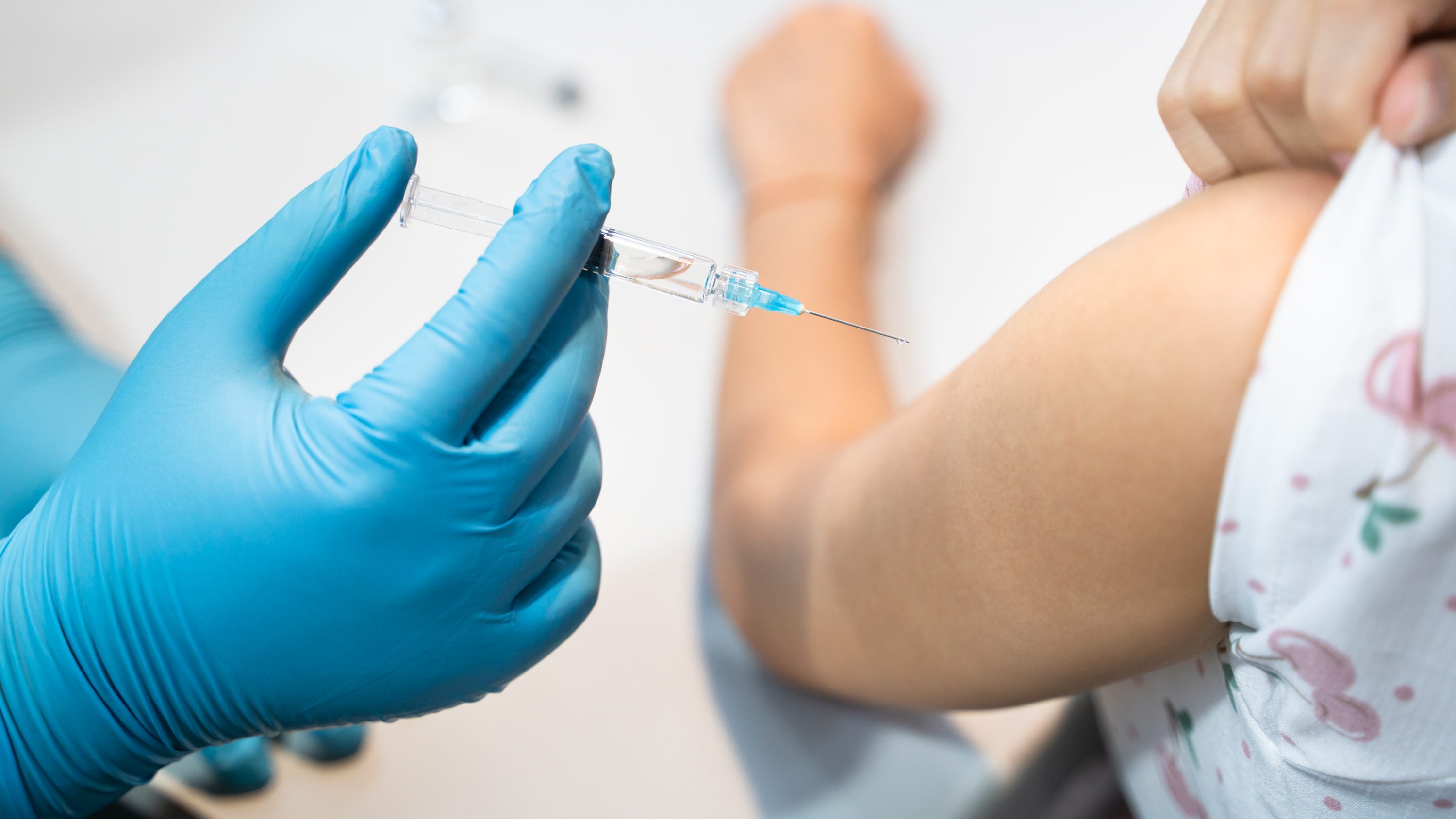
Gov. Edwards Celebrates One Year Since Passage of BIL, $4 Billion in Infrastructure Funding for Louisiana and Signs Executive Order to Increase Access to Funding for Women and Minority Businesses
November 16, 2022
Friends of Bayou Lafourche Announces Newly Appointed Executive Director
November 16, 2022As flu cases and hospitalizations continue to rise in the Southeast, the Louisiana Department of Health urges the public to get vaccinated to ensure protection during peak flu season and the approaching holidays.
As of November 14, influenza activity in Louisiana continues to increase dramatically and already has reached its highest point in the past 5 years. Reports to LDH’s Office of Public Health through its Influenza-like Illness Surveillance Network (ILINet) showed 10.49% of patient visits were due to influenza-like illness. This is nearly twice the national average of 5.5%.
Flu hospitalizations have surged to a decade high in the United States. So far this season, the U.S. Centers for Disease Control and Prevention (CDC) estimates at least 2.8 million illnesses, 23,000 hospitalizations, and 1,300 deaths from flu.
Symptoms of the flu include:
- Sudden onset of body aches,
- Fever greater than 100.3, and
- Cough and/or sore throat
CDC recommends individuals be vaccinated as soon as possible for peak flu protection. Flu season in Louisiana typically begins to increase in October and peak between the holidays and Mardi Gras.
LDH urges residents to stay up to date on their COVID-19 and flu vaccinations with the holidays quickly approaching. You can find COVID-19 and flu vaccines near you by visiting vaccines.gov.
According to State Health Officer Dr. Joseph Kanter, a yearly flu vaccine is the first and most important step in protecting against flu viruses. Washing your hands frequently and staying away from others if you are sick can also help reduce viral transmission.
“Everyone 6 months of age and older should get the flu shot,” Dr. Kanter said. “The vaccine is especially important for young children. Since 2004-2005, flu-related deaths in children have ranged from 37 deaths to 199 deaths each year in the U.S., and approximately 80% of pediatric flu deaths occurred in children who did not get a flu shot.”
This year there have already been 5 pediatric deaths due to the flu in the U.S.
The flu has a tremendous impact on school attendance and on the families of school children:
- 28% of school-aged children get the flu each year
- For every 100 children, flu accounts for 63 missed school days a year
- Of every 100 children who get the flu, 25 family members will come down with the flu within three days
Severe complications are most common in the elderly, pregnant women, people with chronic illnesses, children younger than age two, and children with health problems like asthma and diabetes. These complications include pneumonia, dehydration, worsening of long-term medical problems like heart disease or asthma, brain dysfunction, sinus problems, and ear infections.
Dr. Kanter added it is safe and convenient to get both your flu shot and your COVID-19 booster shot at the same time. There is no spacing needed between the two vaccinations.




